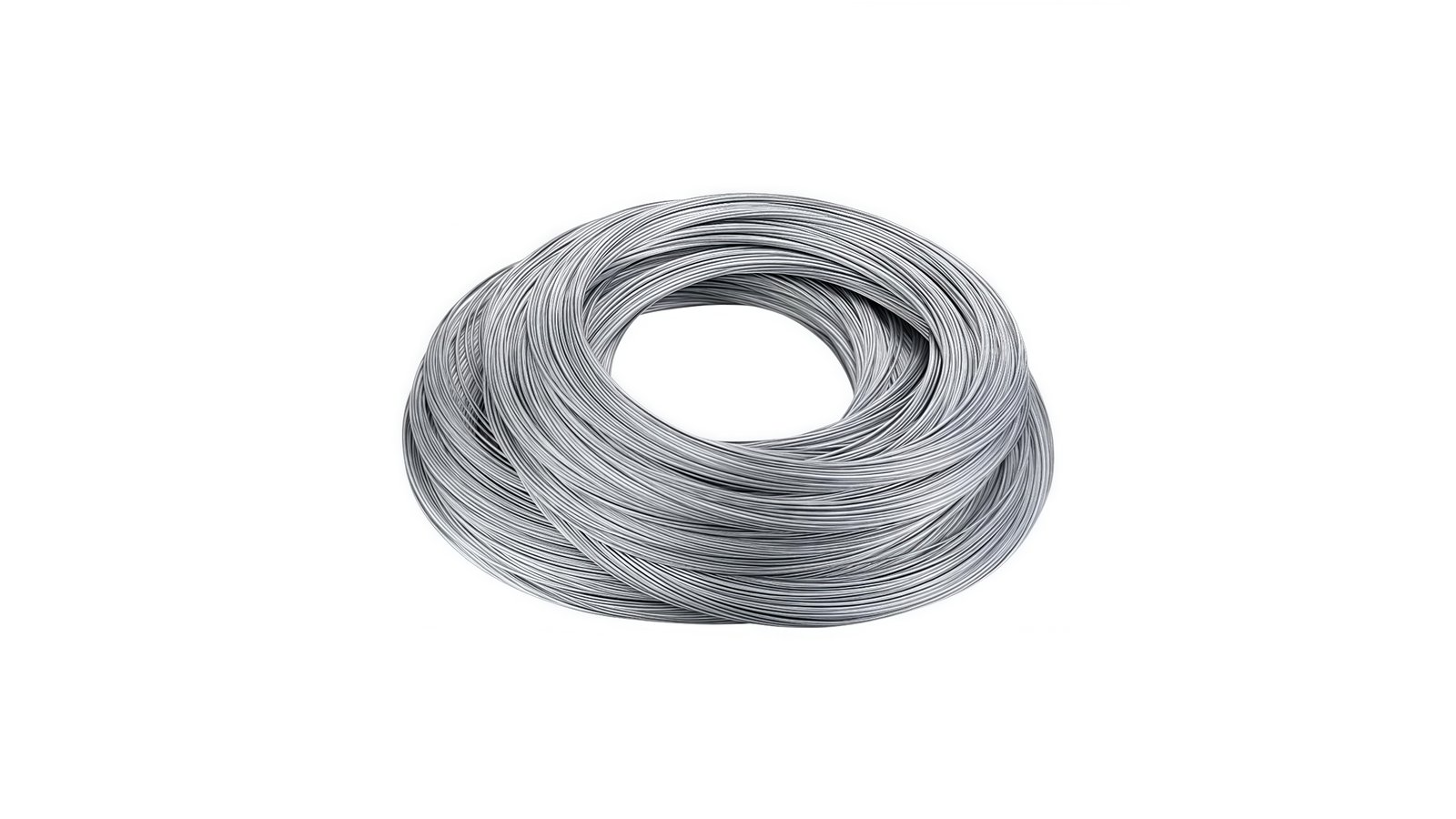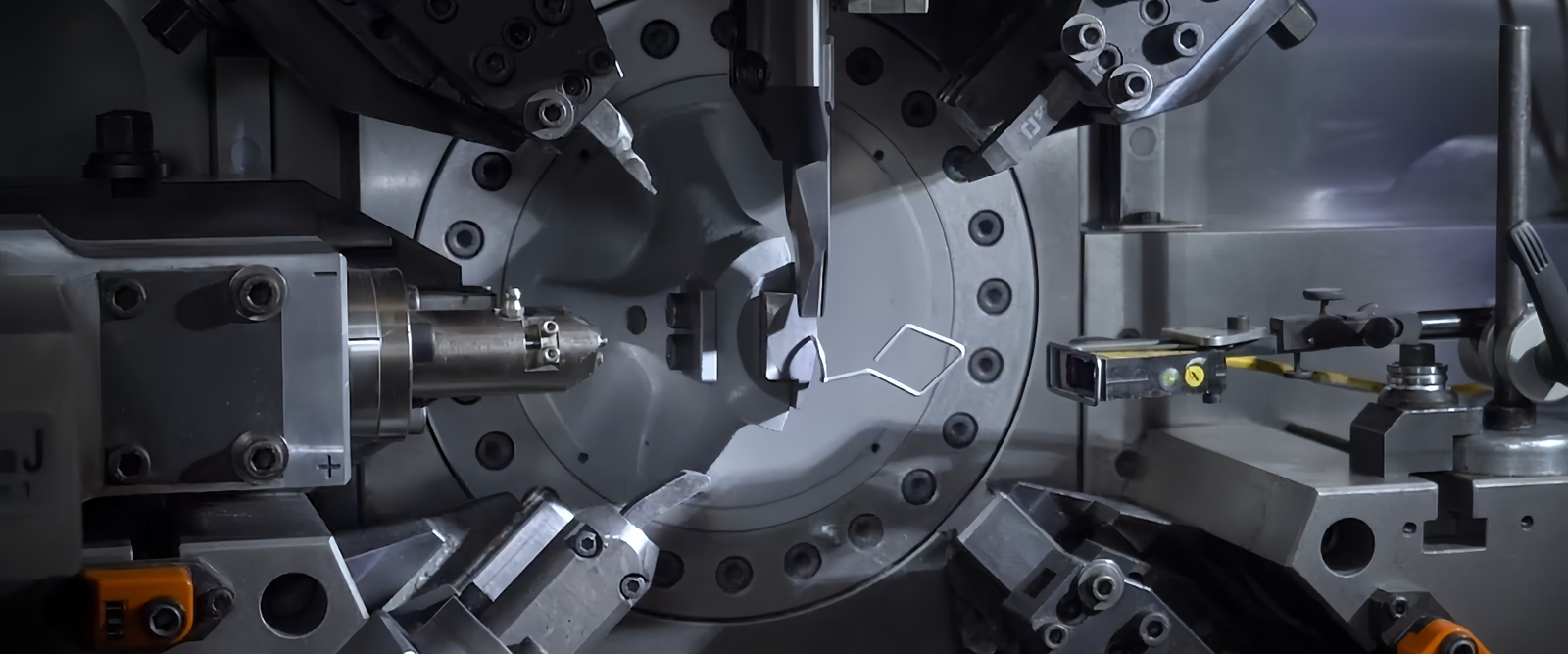In medical device design, material selection is a strategic decision that forms the bedrock of the product. It impacts not only mechanical performance but also directly influences biocompatibility, regulatory approval, and ultimate clinical safety. This article provides a deep dive into several key medical-grade metals, their properties, applications, and critical selection criteria.
Material Science – The Cornerstone of Medical Innovation
When selecting a metal for a medical device, an engineer must act like a seasoned armorer, choosing the perfect “armor” for a warrior about to enter battle. This armor must not only be strong and durable but also perfectly compatible with the “battlefield”—the human body.
The Stainless Steel Family – The Versatile “All-Rounder”
- Properties and Grades: With its excellent corrosion resistance, high strength, ease of processing, and relative cost-effectiveness, stainless steel is the most widely used medical metal.
- 316L/316LVM: The “L” stands for low carbon, which reduces sensitization to intergranular corrosion after welding. “VM” means vacuum melted, resulting in fewer impurities and higher purity, making it the standard choice for implant-grade applications with excellent biocompatibility.
- 17-4PH/17-7PH: These are precipitation-hardening stainless steels. They can achieve significantly higher strength and hardness than 300-series grades after heat treatment, making them suitable for high-stress mechanical applications.
- Applications:
- High-Strength Applications: Surgical blades, bone drills, bone screws, bone plates, dental instruments.
- High-Purity & Corrosion-Resistant Applications: Catheter reinforcement coils, drug-contact components, reusable surgical instruments.
- Selection Criteria: One must clearly define whether the application involves long-term implantation, requires extreme strength, and consider the sensitivity to cost.
Titanium & Its Alloys – The “King” of Long-Term Implants
- Properties and Grades: Titanium’s density is only about 60% that of steel, yet its strength can be comparable, resulting in a very high strength-to-weight ratio. Its greatest advantages are its unparalleled biocompatibility, resistance to corrosion from bodily fluids, and its non-magnetic nature, making it fully MRI-compatible.
- Pure Titanium (Grades 1-4): Relatively lower strength but the best ductility and biocompatibility.
- Ti-6Al-4V (Grade 5): The most common titanium alloy. The addition of aluminum and vanadium gives it extremely high strength and fatigue resistance.
- Applications:
- Permanent Implants: Artificial hip and knee joints, heart valve frames, bone plate systems, dental implants.
- Precision Enclosures: Housings for active implantable devices like pacemakers and neurostimulators.
- Selection Criteria: Titanium is the undisputed choice when long-term implantation and MRI compatibility are top priorities. However, its machining difficulty and cost are relatively high.
Specialty Functional Alloys – The “Special Forces” for Extreme Challenges
- Nitinol (NiTi): Possesses a unique “shape memory effect” and “superelasticity.” It can be deformed and then return to its original, preset shape upon heating or at a specific temperature. This makes it ideal for applications requiring self-expansion or adaptation to complex anatomy, such as vascular stents, orthodontic archwires, and superelastic guidewires.
- Cobalt-Chrome Alloys (Co-Cr, e.g., MP35N®): Combine ultra-high strength, excellent fatigue resistance, and superior corrosion resistance, and are also non-magnetic. In many respects, their performance surpasses both stainless steel and titanium, making them common in applications subject to long-term, high-stress cycles, such as the load-bearing surfaces of artificial joints, heart valve frames, and high-strength lead wires.
Conclusion: There is No “Best” Material, Only the “Most Suitable”
Proper material selection is a comprehensive decision-making process that requires balancing performance, cost, regulatory pathways, and manufacturing processes. As experts with decades of precision hardware manufacturing experience, our engineering team is not only familiar with the processing characteristics of various materials but also understands their performance in different medical applications. We welcome the opportunity to get involved in the earliest stages of your design to help you select the most appropriate “armor” for your innovative medical device.
.png)



